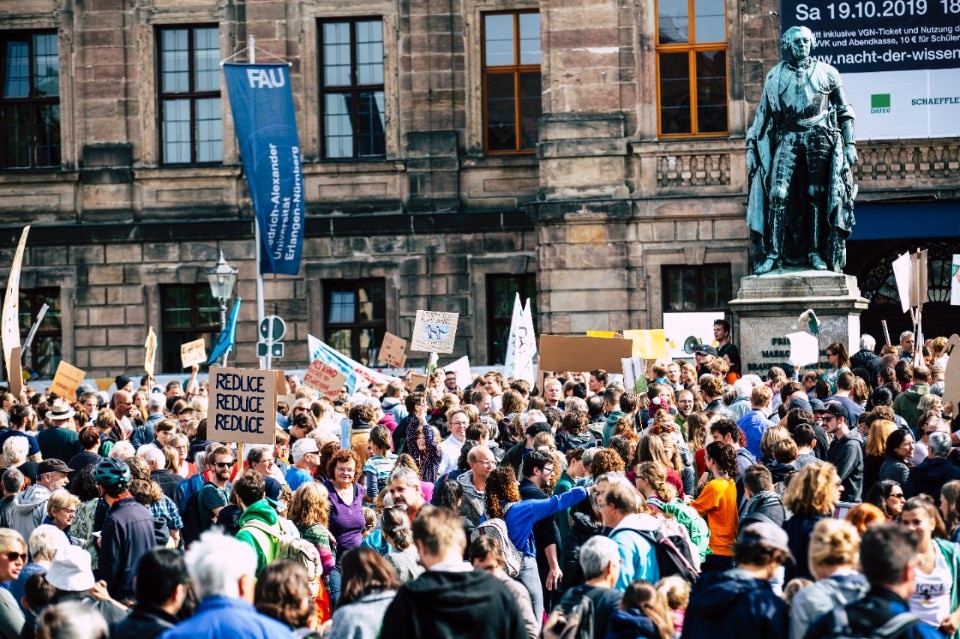In these complex times, a reflection on urban future means creating a dialogue between architecture and hard sciences on the one hand and humanist knowledge on the other.
Constant exchanges with economics, neuro- and cognitive sciences, anthropology, biology, aesthetics, information technology and robotics are the only way in which architecture can escape the bonds of specialism as an end in itself and become the matrix for a vision and a roadmap to redefine not only space, but above all associated ways of living.
Furthermore, this passage from a vertical and elitist vision of the discipline to one that is horizontal and open also allows for a redefinition of protecting the Earth, first and foremost with the responsibility of elaborating a new form of ethics and a new paradigm for which the only possible future is not merely based on constructive relationships between individuals but also between our species and the biosphere of which it is a part.
It is therefore important for the “design community” to once again cultivate those hybrid and multi-disciplinary skills that over the centuries allowed the Michelangelos and Palladios to become interpreters of their eras, as well as the examples that, in modern times, we at Domus have sought to present every month for almost a hundred years.
The challenges of society and climate must be taken on by humanistic architects, figures capable of reflecting and representing the Zeitgeist, constantly applying a critical view of contemporary contradictions while at the same time indicating the path towards a possible future.
The widespread development of the internet has caused weak social bonds that are suited to the low-cost exchange of information and opportunities, but which at the same time lead to rapid individualisation and civic disengagement.
The pervasive nature of information technology has radically changed our society and our habits, beginning to have a significant influence on our architectural spaces, and consequentially on the question of how to use these spaces in such a way as to ensure that they do not end up urban carcasses or phalansteries of nothingness. In this scenario, architecture can prove to be the missing element, serving as a catalyst for new solid bonds to combat social impoverishment.
Associated life is only possible in the presence of a political project, in the original sense of the term, designing in terms of common living, and therefore of the State and the people.

Architecture cannot and must not be a mere search for beauty, but rather of culture and common good. It therefore has to represent and respond to the impulses and ambitions of a society, taking the form of constructed space.
The brusque wake-up call brought about by the pandemic, and more generally by the profound social and economic crisis that has been going on for more than a decade, demand a reflection on a number of paradigms that were considered as consolidated, namely mobility, sustainability, emissions, inclusion, diversity, smart working and more. This is the first time in recent centuries that, in such a short period of time, reality has brought us face to face with so many complex matters.
At Domus, we are convinced that the answers can only be found above all if we are capable of rethinking space in the broadest sense of the term, and in order to do so, we need to imagine and create quality architecture. A form of architecture that places the cultivation of beauty on the same level as that of utility, true to the teachings of Roger Scruton, who claimed that in considering only utility, what we build will soon be useless.
A form of architecture that is the result of a mindset that constantly poses questions both internally and externally, creating a map of meaning towards that which the philosopher appropriately calls not the future but rather “that to come”. It is a term that expresses the idea of fluidity while cancelling that deterministic view of tomorrow as a mere projection of the present.
This passage is not only necessary in a semantic sense, but also in terms of concrete action.
This is the motivation behind our presentation of domusforum 2021 which, now in its fourth edition, continues to study reality with the traditional tools that our culture provides - criticism, leading figures, multidisciplinariety - in order to understand how we will live, work, produce, study and heal. In short, what will be our future; a future that we, first and foremost, have the opportunity and the responsibility to construct. We look forward to seeing you on 24 November, and in the meantime invite you to keep up to date on domusforum 2021.

